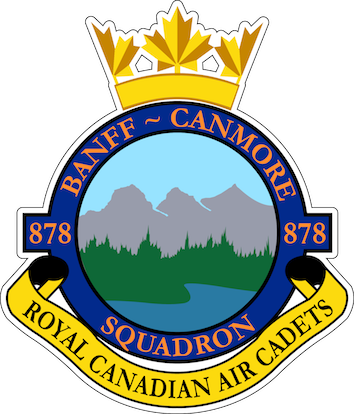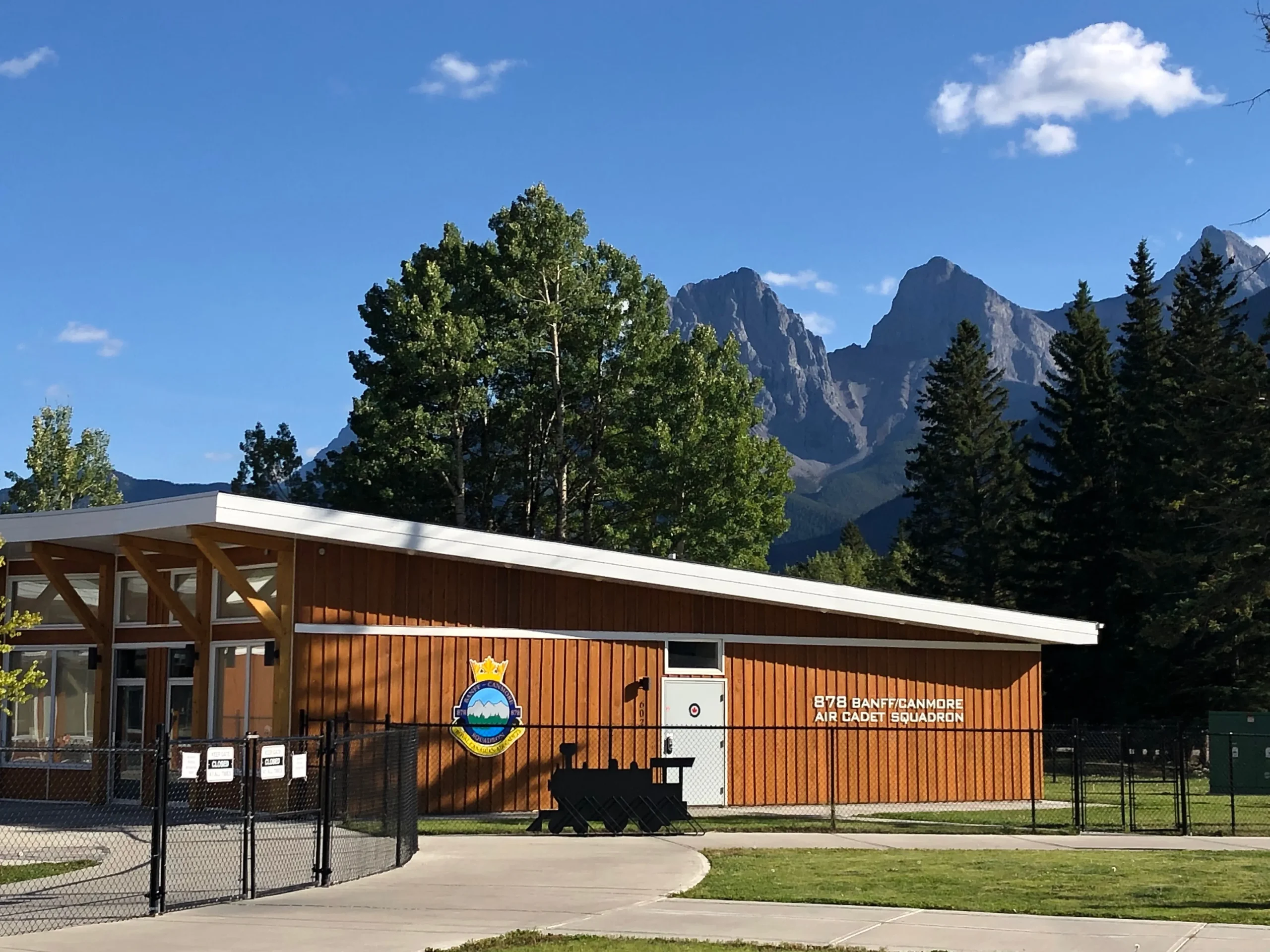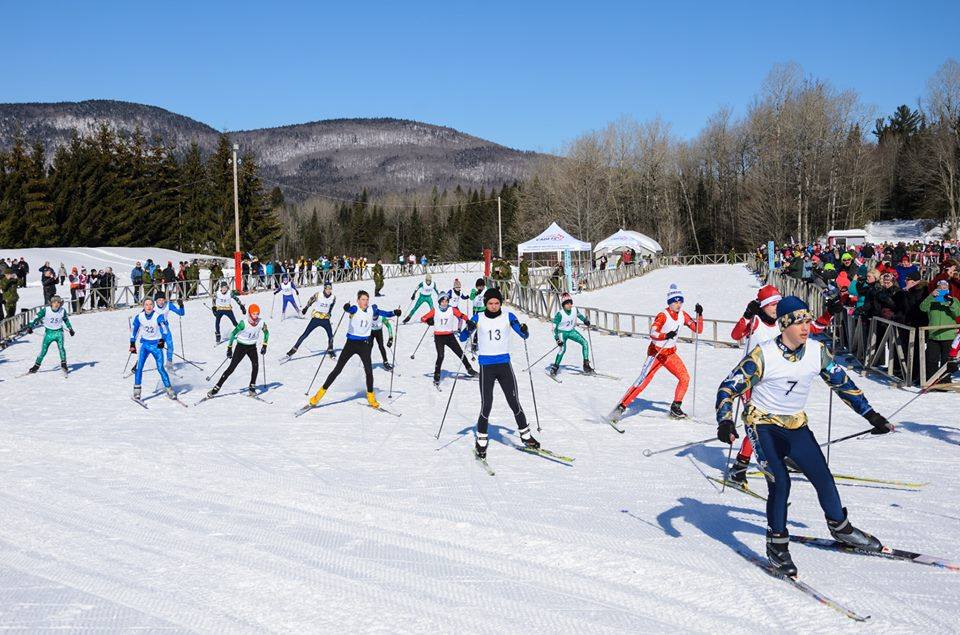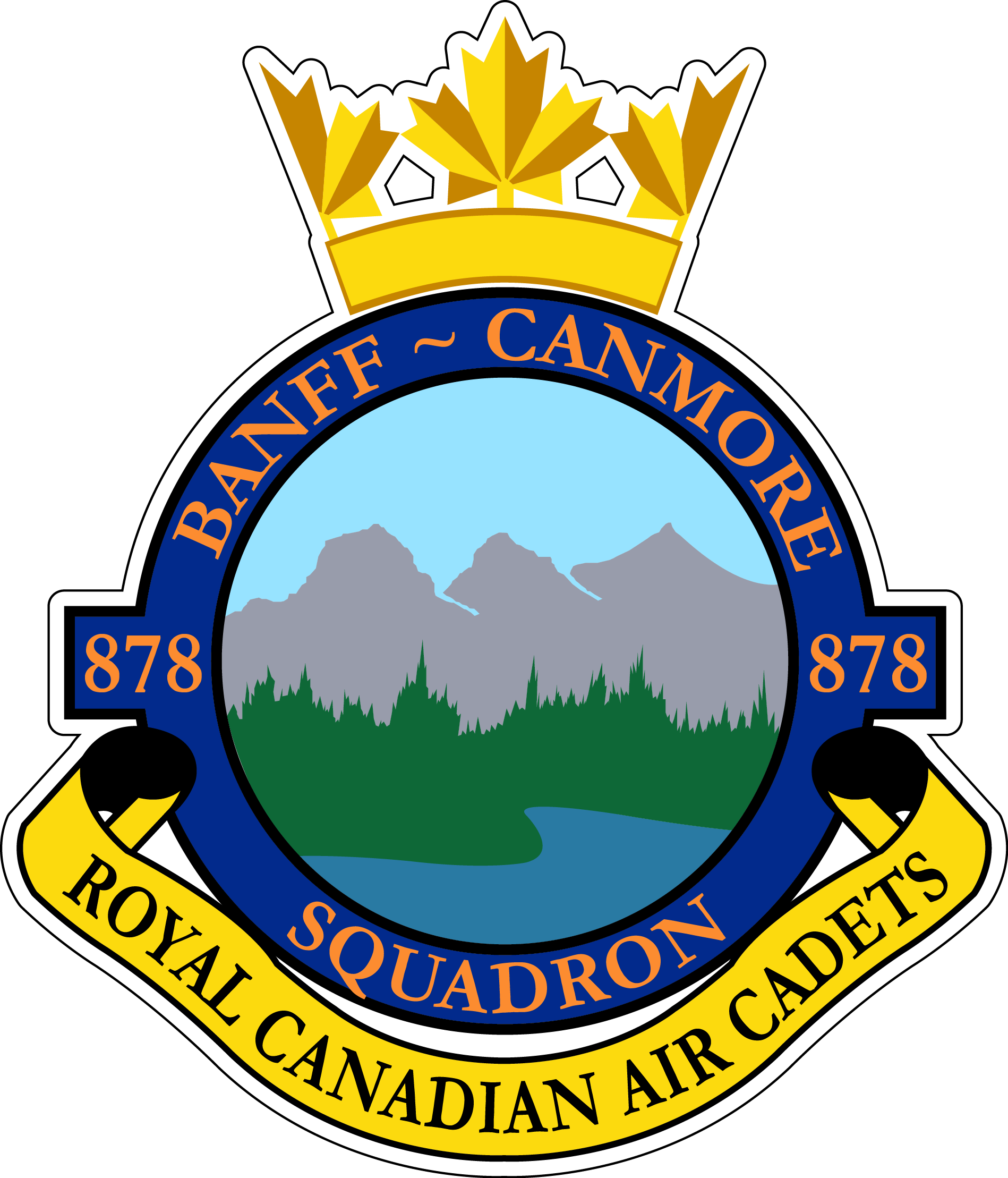
Regular Cadet Training
Calendar
Wednesday Night Training
Wednesday night training follows curriculum set forth by Cadets Canada and includes the following topics
Citizenship Training
Regular citizenship and leadership training includes:
Leadership
Cadets also participate in leadership training as part of the regular night training contributing to proficiency level certification.
Regular training includes:
PO x07 – General Cadet Knowledge
PO x08 – Drill
These are regular classes that contribute the cadet proficiency evaluations.
Aviation Training
Regular aviation training includes the following topics.
Technical Courses
Several technical courses are available to learn more about the various aviation-related trades. It is possible to learn more about air traffic controlling, and how to operate an airport. For those more interested in the mechanical aspect, several courses deal with the operation of the instruments and mechanics of an aircraft.
Aerospace
Several courses and training are available to learn more about the field of aerospace and its technologies. Individuals participating in aerospace courses learn more about the cosmos and planets. They also design model rockets and can participate in activities that simulate living conditions in space.
Flying
Members of the Air Cadet Program will be given opportunities to fly in an airplane or glider during their time with the cadets. During this flight, the pilot demonstrates certain movements of the aircraft and explains the important phases of the flight. It is a perfect opportunity to see in practice all the concepts taught during training. Cadets who will be 16 years of age and older by September 1 the year the course is taken and who will have completed the Level 3 program can apply to pilot training. These summer courses allow you to become a glider or power aircraft pilot (called a private pilot’s licence).
Fitness Training
Regular training includes:
Air Crew Survival
Regular training includes:
PO x90 – Aircrew Survival
Annual Field Exercise
Each year cadets have the opportunity to participate in a local weekend field exercise where they camp out in Kananaskis Country and participate in Leadership and Survival exercises. This fun weekend is punctuated by the ability to spend time in our wonderful back yard, the Canadian Rockies.
Marksmanship
Click Here for more information
Regular training nights are on Wednesday evening.
Timings are as follow:
18h50 Arrival
18h35 Parade
19h10 1st block (30 min)
19h40 Break (5 minutes)
19h45 2nd block (30 minutes)
20h15 Break (15 minutes)
20h30 3rd block (30 minutes)
21h15 Dismiss
Regular training is held weekly at our headquaters building at 602 7th avenue in Canmore.


Other Available Training
First-Aid
Cadets have the opportunity to achieve various nationally recognized first-aid levels within the program, 878 Squadron will be offering an Intermediate (Standard) first-aid and CPR course with an emphasis on wilderness application as outlined in the Remote First-Aid course offered by Rocky Mountain Adventure Medicine. This will be a 3-day course offered at no charge to our cadets. Candidates will be required to attend all 3 days, study subject matter on their own time between course days, and pass all practical skills and a written exam.
Biathlon
Biathlon is part of the complementary and optional programs at the Corps/Squadrons level, part of the Regionally Directed Activities for the zone and provincial competition and part of the Nationally Directed Activities for the national championship.
Biathlon is a sport that combines physical fitness with marksmanship skills through a combination of two activities.
- physical fitness: a macro-level muscle activity with high aerobic demands that requires strength, speed, endurance with the ability to rapidly recover to a resting heart rate. The physical fitness aspect may be conducted in the traditional winter version of skiing or through the use of an equally physically demanding summer version with running; and
- marksmanship: a micro-level muscle activity that requires fine motor control and delicate precision. The marksmanship aspects may be conducted using either smallbore or air rifle.
Furthermore Biathlon is a sport where the use of cadets in official’s positions is practical, thereby allowing additional leadership opportunities for senior cadets. Opportunities for senior cadets to be incorporated into the official’s organization at appropriate levels should be maximized.
Aims
The aims of the cadet biathlon program are:
- to allow all cadets an opportunity to participate in a progressive biathlon program;
- to promote physical fitness;
- to compliment the cadet marksmanship program;
- to promote the safe handling of rifles;
- to produce proficient coaches and officials; and
- to stimulate and maintain an interest in the Canadian Cadet Organizations (CCO) and act as a recruiting tool.
The Biathlon Program has both recreational and competitive aspects:
- Recreational: Basic physical activity combined with introductory air rifle firing is integrated into a simple activity that can be performed by each cadet at the local corps or squadron. This should also include a confirmatory activity combining the marksmanship and fitness activities into a true biathlon; and
- Competition: Various levels (local, zone, provincial, national) and types of competition (individual and team races) that allow cadets to participate in progressively challenging activities.
Effective Speaking
The Air Cadet Effective Speaking Program is an optional activity within the Royal Canadian Air Cadets that aims to develop cadets’ public speaking skills, self-confidence, and leadership abilities by providing them with a structured environment to practice and compete in delivering prepared speeches on various topics, progressing from squadron level competitions to regional, provincial, and ultimately national stages; essentially allowing cadets to learn how to organize their thoughts, express ideas clearly, and build confidence in speaking publicly.
Music
Bands play a significant role in cadet corps/squadrons of the Canadian Cadet Organizations (CCO). Cadet bands provide their corps/squadrons with accompaniment for ceremonial occasions add visibility within the community and build l’esprit de corps. Equally important, the cadet music program provides individual cadets with a challenging, worthwhile means of developing as cadets, musicians and members of the community.
Music is part of the optional training in the corps/squadron program, the Cadet Summer Training Centre (CSTC) program, the Regionally Directed Activities (RDA) and the Nationally Directed Activities (NDA)
The 878 Band program is currently suspended due to enrolment numbers. However, please speak to Capt. Petty if you are interested in pursuing music in Cadets.
Join Our Exciting Programs Today!
Take the first step towards an unforgettable experience with the 878 Banff/Canmore Squadron. Whether you’re interested in honing your public speaking skills, aiming for precision in marksmanship, challenging yourself in biathlon, or mastering air crew survival techniques, we have a program for you. Don’t miss out on the opportunity to grow and excel. Contact us for more information or sign up now to start your adventure!
